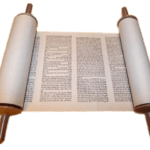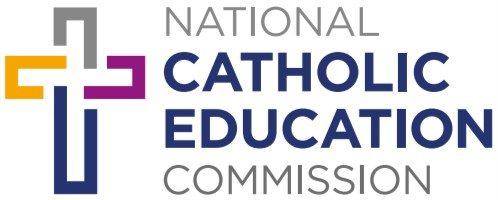-
Temple
 The central sanctuary in Jerusalem where God dwelt in the midst of God's people. The First Temple, constructed by King Solomon about 950BC, was destroyed by the Babylonians in 587BC. The Second Temple constructed about 515BC, after many Jews returned from exile in Babylon, was destroyed by the Romans in 70AD. See Key Biblical Understandings for diagrams and more information.
The central sanctuary in Jerusalem where God dwelt in the midst of God's people. The First Temple, constructed by King Solomon about 950BC, was destroyed by the Babylonians in 587BC. The Second Temple constructed about 515BC, after many Jews returned from exile in Babylon, was destroyed by the Romans in 70AD. See Key Biblical Understandings for diagrams and more information. -
Textual criticism
Reconstructing biblical texts by comparing and contrasting manuscripts and translations in order to establish the original wording and therefore the most authoritative text. -
Theological narrative
A story or series of stories designed to provide a religious interpretation of the events recounted and the faith understanding of the writers.
-
Torah
 A Hebrew word for written Jewish Law, the central teaching of Judaism, which consists of the first five books of the Hebrew Scriptures or Old Testament. The books are Genesis, Exodus, Leviticus, Numbers and Deuteronomy
A Hebrew word for written Jewish Law, the central teaching of Judaism, which consists of the first five books of the Hebrew Scriptures or Old Testament. The books are Genesis, Exodus, Leviticus, Numbers and Deuteronomy“Pentateuch” is a Greek word for the same set of books.
-
Tradition
From a Latin word for “handing on” or “handing over”. Catholics and Orthodox Christians accept that some important understandings and practices have been handed down from one generation of Christians to the next from the Church’s earliest times. Not all of these are found in Scripture. Tradition should not be confused with “traditions”. -
Traditions
Traditions should not be confused with “Tradition”.
Traditions are activities or practices that have arisen in the life of one or other group of Christians and then thrived for some time. Then they may fade away. They are not essential to the Christian life but can certainly help people to live their faith better. For example, saying the Rosary is a tradition that has continued in many parts of the Church for about 800 years.
-
Transcedence
From the Latin for "to climb above and beyond". God is so great in every way that God is above and beyond all creation and beyond our understanding. If ever we think we have found a way to say everything there is to say about God, we are wrong (i.e. God is transcendent).
Note "Immanence (of God)" in this glossary.
